Shaanxi, abbreviated as “Shaan” or “Qin,” is located in the heart of inland China and is widely regarded as one of the cradles of Chinese civilization. The capital city, Xi’an, once served as the capital of 13 ancient dynasties and is home to the world-famous Terracotta Army. The province’s landscape is diverse, with the Loess Plateau in the north and the Qinling Mountains cutting through its center, offering both cultural heritage and natural beauty.
Shaanxi has long served as a crossroads of ancient trade routes like the Silk Road, and today it remains a unique destination where ancient history and modern development meet. Travelers come here to experience China’s imperial past and explore vibrant local life.
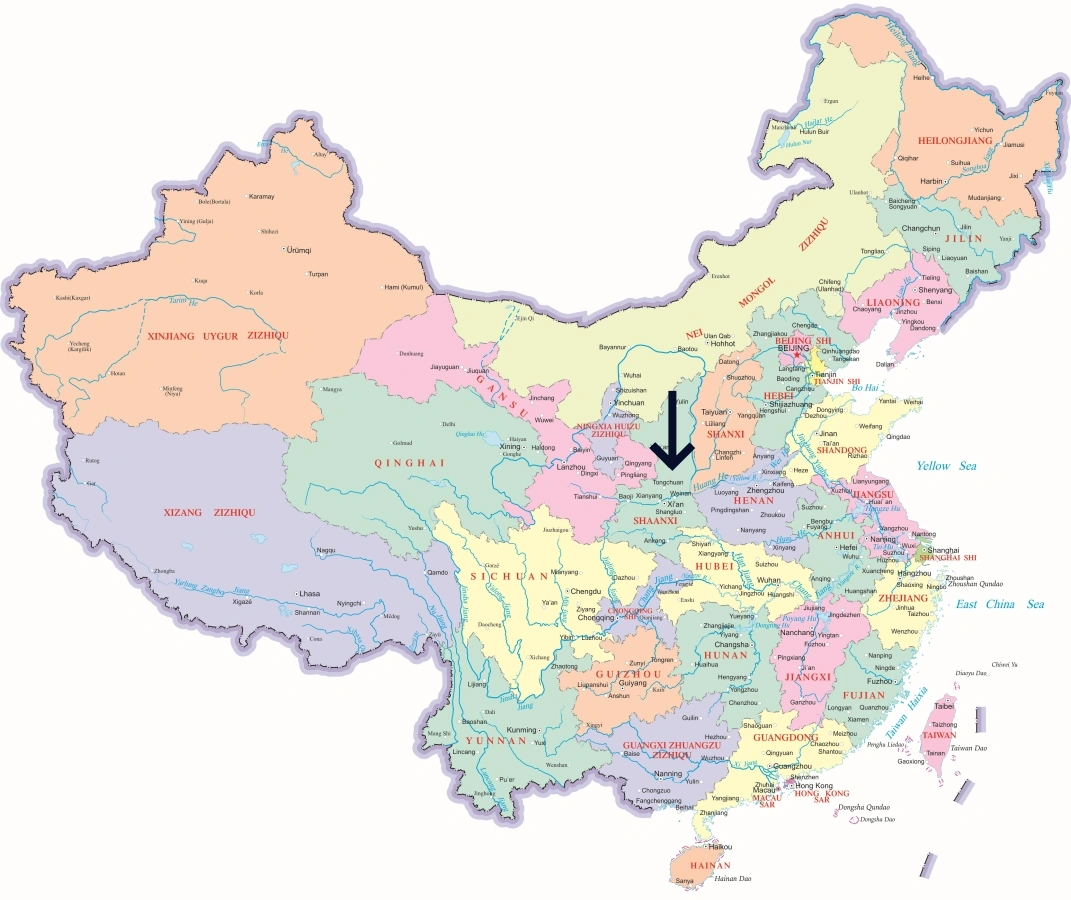
Shaanxi is divided into 10 prefecture-level cities, each offering unique landscapes, history, and cultural depth. From the ancient capital of Xi’an to the revolutionary heartland of Yan’an, and the scenic mountains of Hanzhong and Ankang, Shaanxi delivers something for every kind of traveler.
While Xi’an, Yan’an, Xianyang, and Hanzhong are top tourist picks, other cities like Baoji, Yulin, Weinan, Tongchuan, Shangluo, and Ankang are also worth visiting for their lesser-known stories and authentic charm.
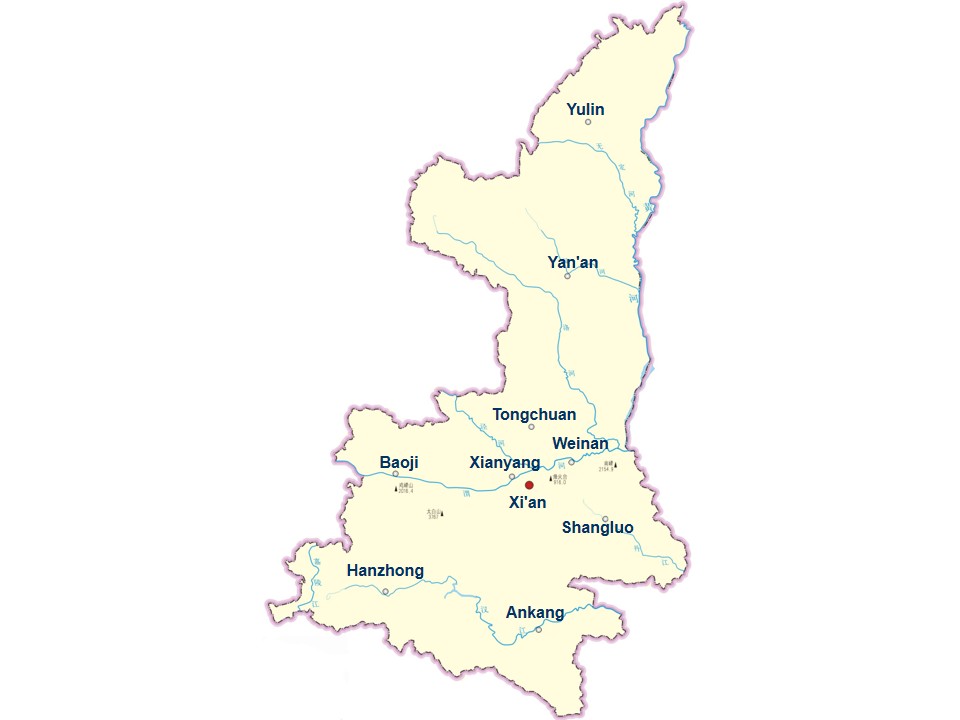
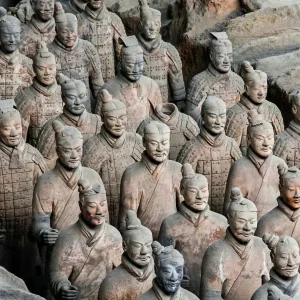
As the capital of Shaanxi and a former imperial capital for 13 dynasties, Xi’an is packed with historical landmarks including the Terracotta Army, Giant Wild Goose Pagoda, Ancient City Wall, and Bell & Drum Towers.

Known as the cradle of the Chinese Communist revolution, this city features iconic red tourism sites like Baota Mountain, Yangjialing, and Zaoyuan.

Once the capital of the Qin Dynasty, Xianyang boasts relics from China’s first unification era, such as the Hanyang Mausoleum and Qianling Mausoleum.
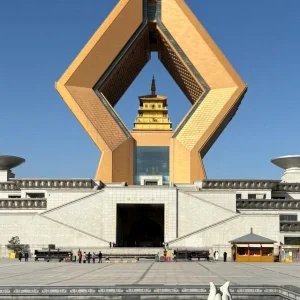
Recognized as the legendary birthplace of Emperor Yan, Baoji combines cultural heritage sites like Famen Temple with natural attractions like Mount Taibai.
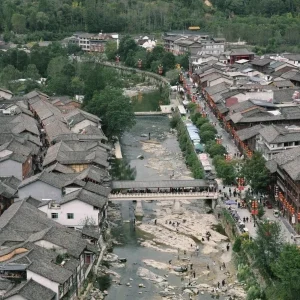
Located on the Han River, this city is a treasure trove of Three Kingdoms history and offers picturesque towns like Qingmuchuan and sites like Wuhou Shrine.
Shaanxi is home to world-famous cultural landmarks and dramatic landscapes. Whether you’re diving into imperial history or hiking through breathtaking scenery, the province delivers an unforgettable journey.
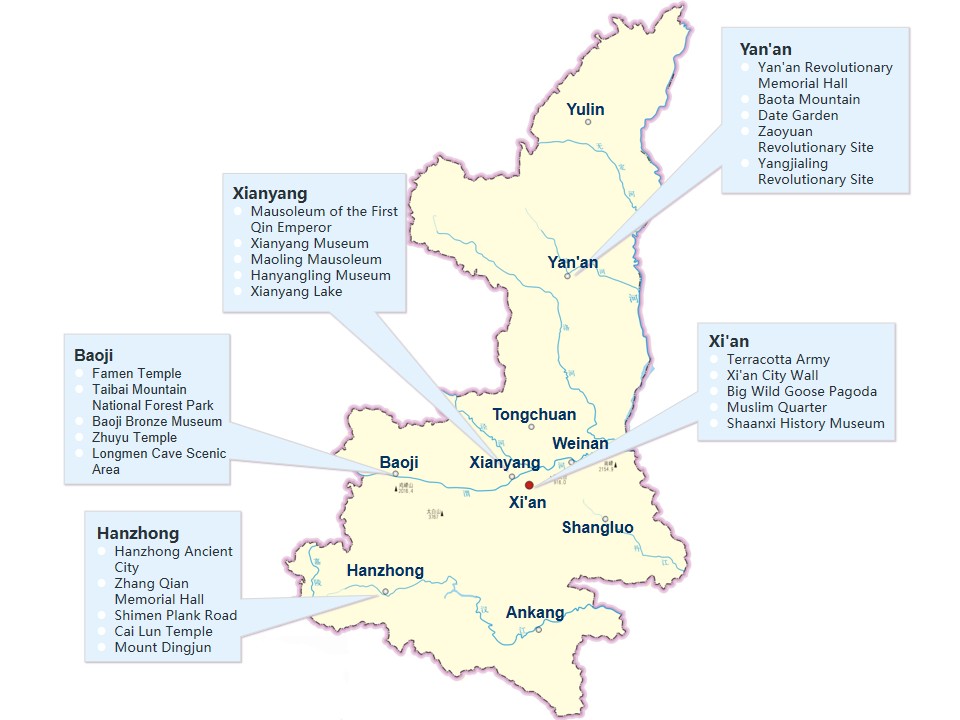
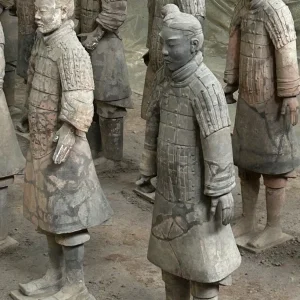
Often referred to as the "Eighth Wonder of the World," this massive underground army guards the tomb of Emperor Qin Shi Huang.
-300x300.webp)
One of China’s Five Great Mountains, famous for its steep trails and daring cliffside paths like the Plank Walk.
-300x300.webp)
A classic Tang Dynasty structure built to store Buddhist scriptures brought back from India by monk Xuanzang.
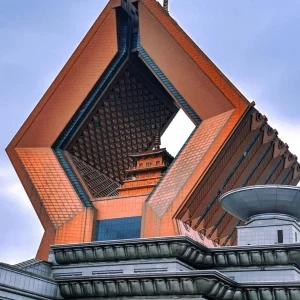
A sacred Buddhist temple said to house a finger bone relic of the Buddha, known as the “ancestor of pagodas in Guanzhong.”

The second-largest waterfall in China, located along the Yellow River. It’s an awe-inspiring display of raw power and natural wonder.
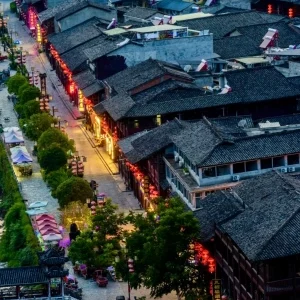
A peaceful historical town near the Sichuan border, ideal for those looking to experience well-preserved architecture and folk culture.
Shaanxi cuisine is famous across China for its bold, earthy flavors and mastery of noodles and bread. Often sour, spicy, and savory, the region’s food is influenced by its Silk Road heritage and appeals to those who love hearty, flavorful dishes. Xi’an, in particular, is a paradise for street food lovers.
-300x300.webp)
Known as the “Chinese hamburger,” this dish features chopped braised meat stuffed inside a crispy flatbread.
-300x300.webp)
A cold, chewy noodle dish made from wheat or rice, dressed in garlic, vinegar, and chili oil—perfect for summer.
-300x300.webp)
A rich lamb soup served with hand-torn flatbread soaked in the broth. Add chili paste and pickled garlic to taste.
-300x300.webp)
Thick, wide noodles known for their unique name and dramatic texture, served with chili oil and vegetables.
-300x300.webp)
A pan-baked, hard-crust flatbread often filled with savory or spicy fillings, ideal for travelers on the go.
-300x300.webp)
A local specialty with thin noodles in a sour-spicy pork broth topped with colorful vegetables.
Shaanxi covers roughly 205,800 square kilometers and has a permanent population of about 39 million. Here’s a breakdown by city:
Xi’an: 10,108 km² | ~13 million people
Baoji: 18,176 km² | ~3.3 million
Xianyang: 10,196 km² | ~5.1 million
Weinan: 13,000 km² | ~5.2 million
Hanzhong: 27,246 km² | ~3.2 million
Ankang: 23,529 km² | ~2.5 million
Shangluo: 18,900 km² | ~2.1 million
Yan’an: 37,000 km² | ~2.1 million
Yulin: 43,578 km² | ~3.4 million
Tongchuan: 3,882 km² | ~0.8 million
Shaanxi’s climate varies across regions, but in general, it ranges from temperate continental in the north to subtropical humid in the south. Below is a month-by-month guide using Xi’an as a reference:
January: Cold and dry, -2 to 6°C (28–43°F); occasional snowfall
February: Slightly warmer, 0 to 9°C (32–48°F); large day-night temperature swings
March: Spring begins, 5 to 15°C (41–59°F); great for flower viewing
April: Warm and mild, 10 to 22°C (50–72°F); increasing rainfall
May: Comfortable and ideal for travel, 15 to 27°C (59–81°F)
June: Start of summer, 20 to 32°C (68–90°F); occasional heat
July: Hottest month, 23 to 35°C (73–95°F); sun protection needed
August: Still hot, 22 to 33°C (72–91°F); may experience thunderstorms
September: Cooler and pleasant, 18 to 28°C (64–82°F); great travel month
October: Crisp and dry, 12 to 22°C (54–72°F); perfect for outdoor exploration
November: Early winter, 5 to 14°C (41–57°F); chilly mornings
December: Dry and cold again, -1 to 8°C (30–46°F); prepare for overcast days
SEO Keywords: best time to visit Shaanxi, Xi’an weather by month, China seasonal travel guide
Below are the key postal and phone codes for major cities in Shaanxi:
Xi’an: Zip Code 710000 | Area Code 029
Baoji: Zip Code 721000 | Area Code 0917
Xianyang: Zip Code 712000 | Area Code 0910
Weinan: Zip Code 714000 | Area Code 0913
Hanzhong: Zip Code 723000 | Area Code 0916
Ankang: Zip Code 725000 | Area Code 0915
Shangluo: Zip Code 726000 | Area Code 0914
Yan’an: Zip Code 716000 | Area Code 0911
Yulin: Zip Code 719000 | Area Code 0912
Tongchuan: Zip Code 727000 | Area Code 0919

 English (Singapore)
English (Singapore)